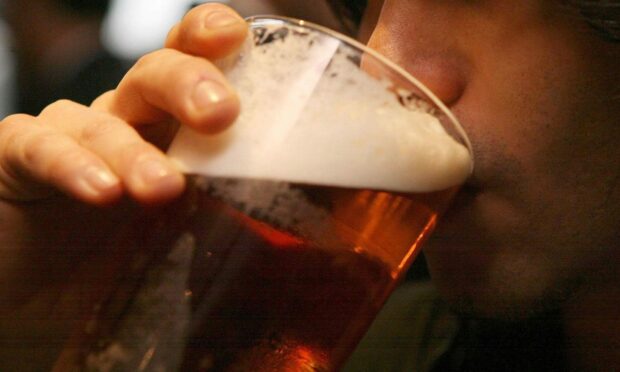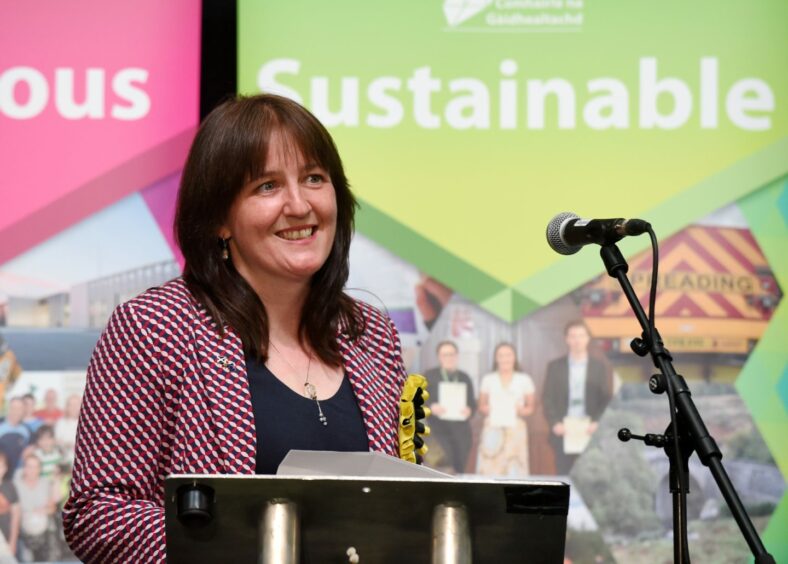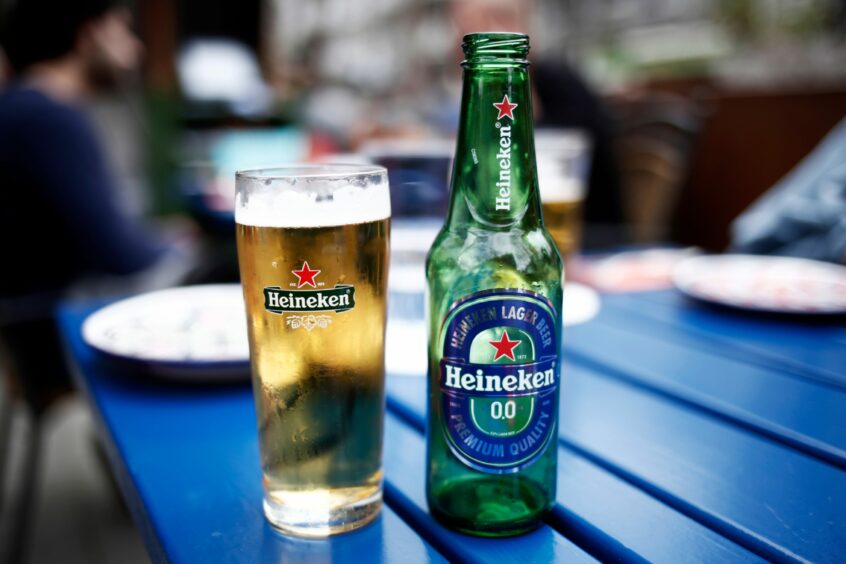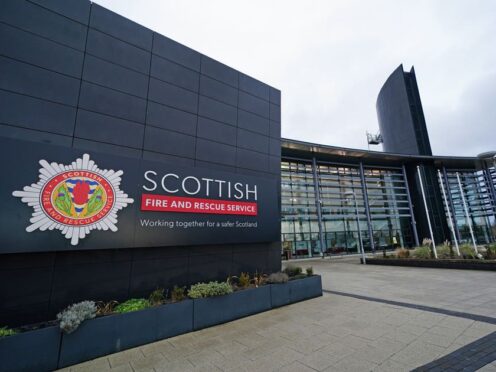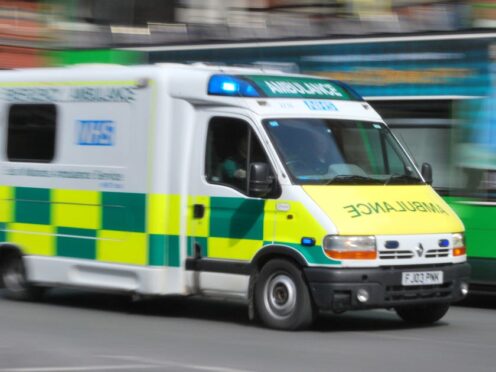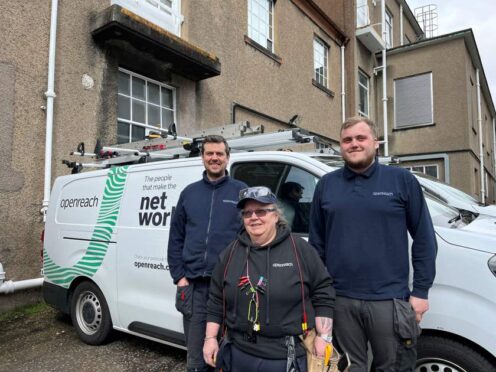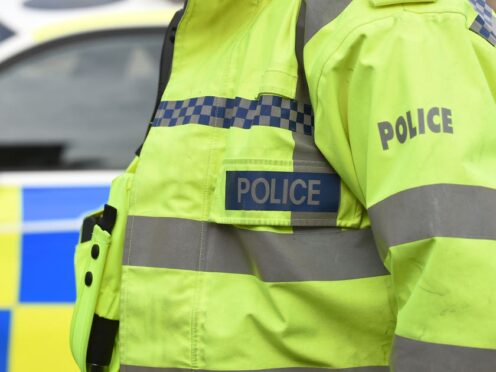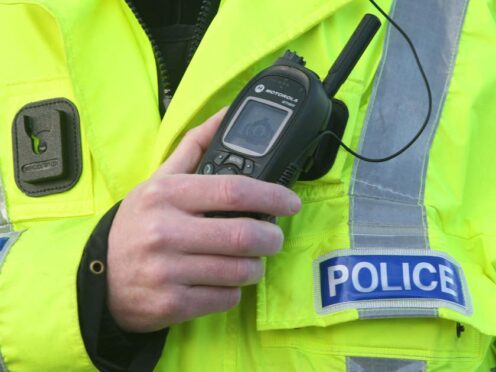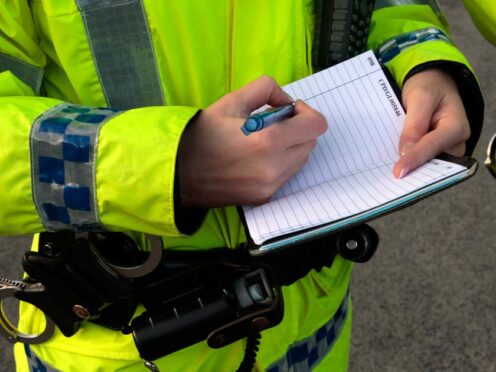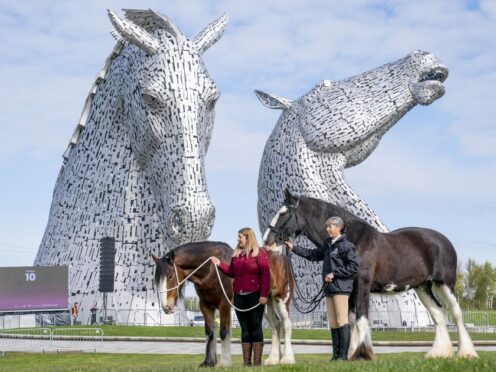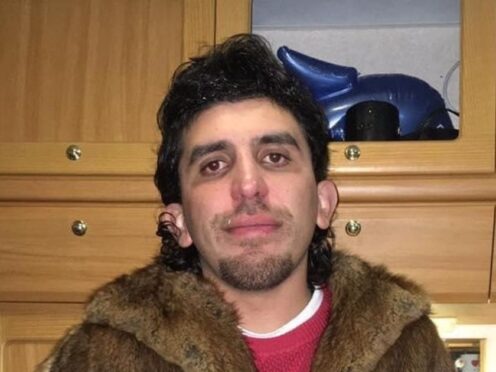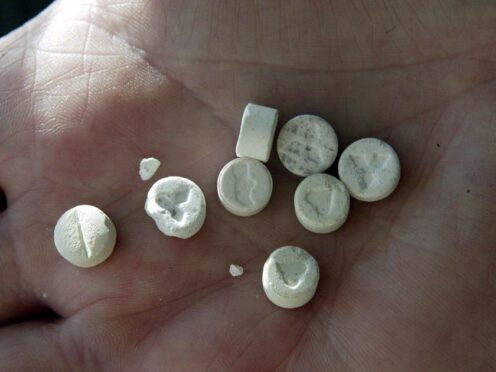A Scottish charity is backing a health minister’s proposal to consider new curbs on alcohol advertising.
Public health minster Maree Todd has described current level of alcohol marketing in Scotland as “deeply troubling” and wants to reduce alcohol attractiveness.
The proposal comes as a quarter of Scots are drinking more than is good for them with 1, 190 alcohol-specific deaths registered in Scotland in 2020.
The MSP for Caithness, Sutherland and Ross said a consultation for numerous proposals would be carried out later this year including an increase in prices on alcoholic beverages.
Chief executive of Alcohol Focus Scotland, Alison Douglas encourages these new curbs to stop what has become a “normalisation of alcohol”.
‘Protecting our most vulnerable’
Speaking on BBC’s Good Morning Scotland (GMS), Ms Douglas, said alcoholic brands were using their non-alcoholic products to further their advertising.
She said: “This so-called alibi marketing is something that we’re really familiar with for years with tobacco.
“So we need restrictions that are comprehensive and don’t allow companies to do that.
“The message that we’re all taking from that is the normalisation of alcohol and the encouragement to consume alcohol.”
With Scotland seen as having a big problem with alcohol, Ms Douglas said a lot of evidence pointed to marketing as a major contributor to this.
However, she said there is nothing that would stop brands from creating new names and brands for their non-alcoholic products.
Ms Douglas said that many young people and children are saying the advertising is affecting them.
She added: “If children are telling us it’s impacting them really we ought to be responding to that.”
“This isn’t about freedom of choice people will still have that choice what it is about is about preventing alcohol being forced upon us.
“If it’s protecting our most vulnerable, then surely it’s something worth pursuing.”
